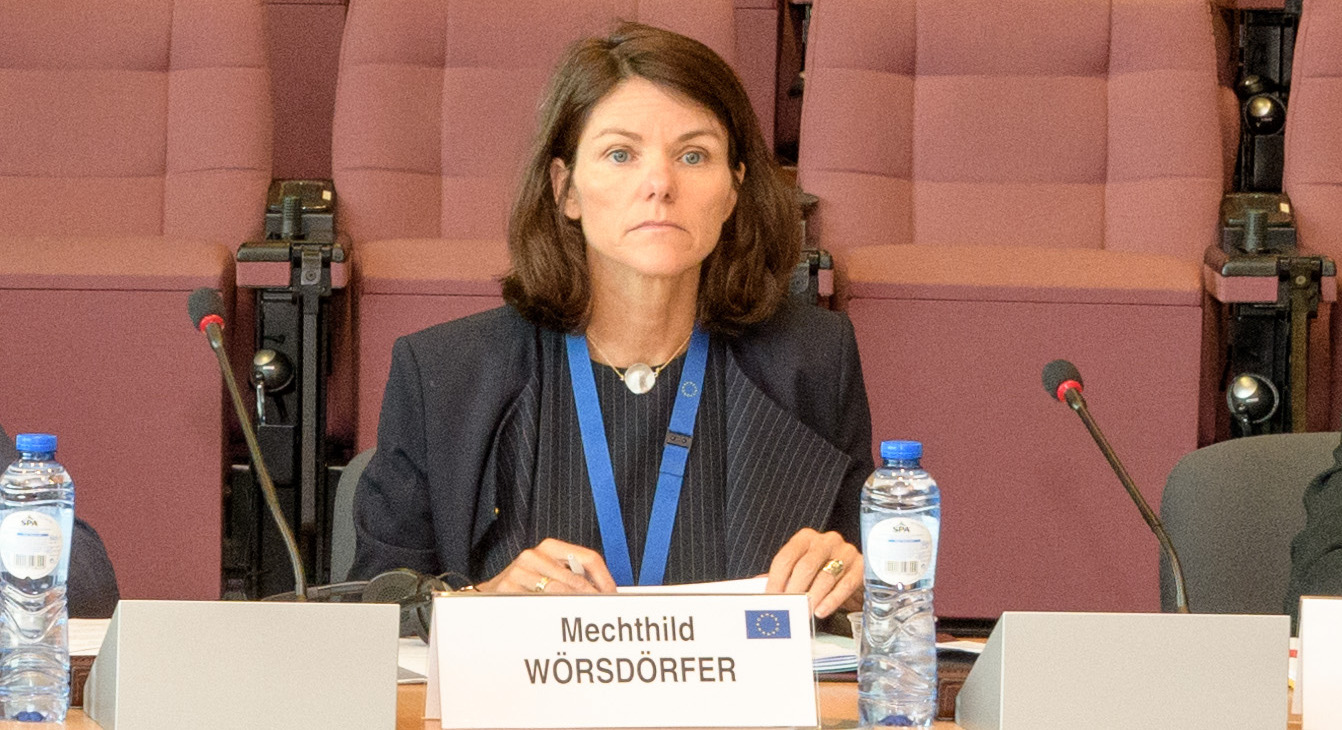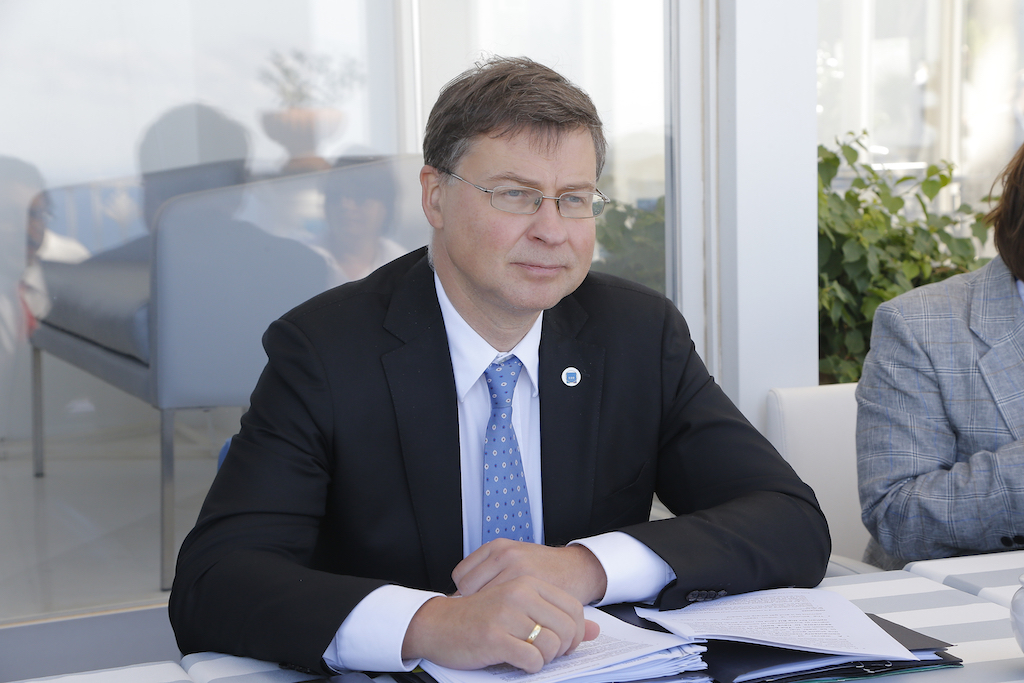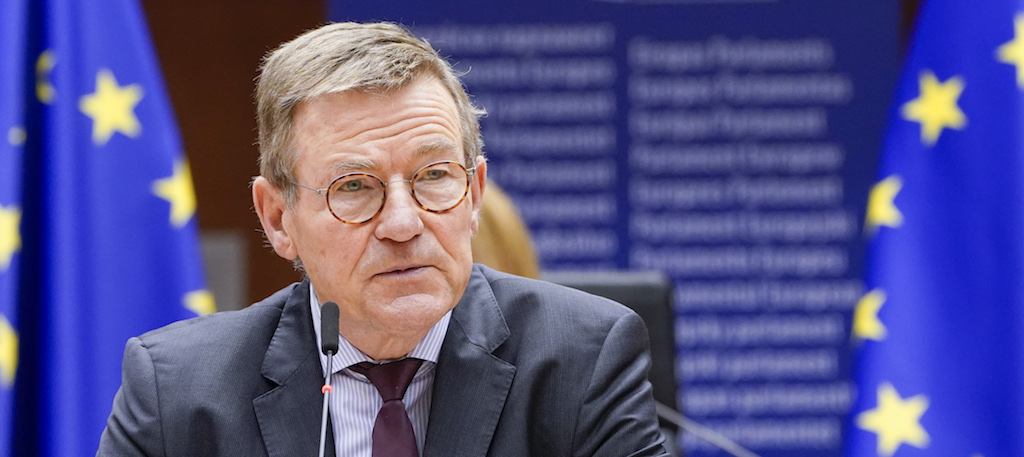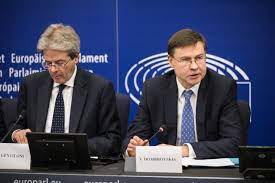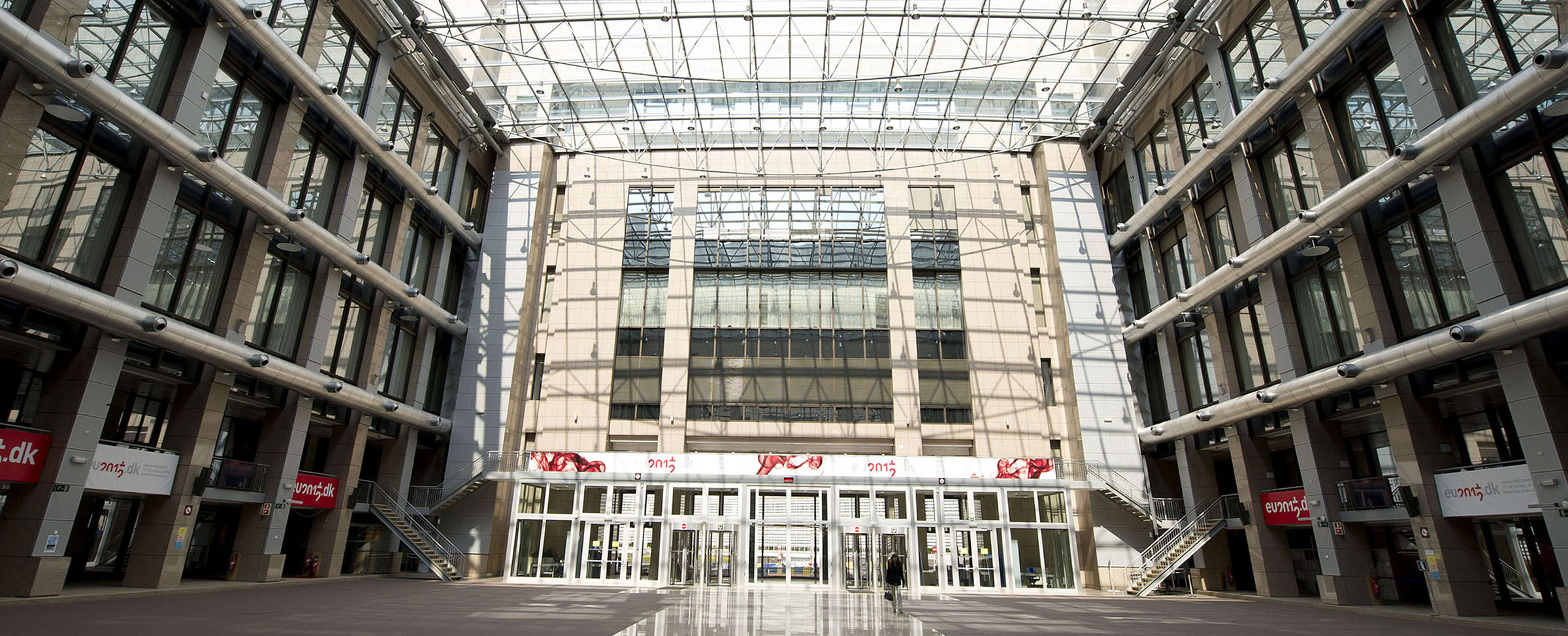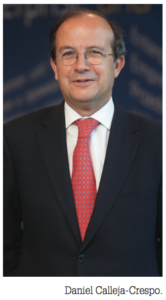
The protection of aquatic ecosystems harmonised at European level
A framework directive aims to protect and restore the quality of Europe’s waters and to ensure their long-term sustainable use. Explanations …
Can you remind us are the main objectives of the European Framework Directive (WFD) on water, published in 2000?
This Framework Directive (formally entitled “Directive 2000/60 / EC of the European Parliament and of the Council of 23 October 2000 establishing Community policy in the field of water”) aims to protect and restore the quality of Europe’s waters and to ensure their long-term sustainable use.
It establishes Community water policy and an innovative approach to water management based on watersheds and natural geographical and hydrological units. It lays down specific deadlines for Member States to respect for the protection of aquatic ecosystems. The Directive covers inland surface waters, transitional waters, coastal waters and groundwater. It sets out several broad principles, including public participation in planning and the integration of economic approaches, including the recovery of costs associated with water use services.
What assessment can be made of the implementation of this WFD in France, from the point of view of the improvements observed, but also the costs of intervention and treatment?
The Commission communicated in 2012 and 2015 its assessment of the implementation of the first cycle of the WFD in France and in the other Member States. It raised the existence of certain deficiencies in the French River Basin Management Plans with regard to the assessment of the state of the waters. Measurement programs should significantly improve the ecological status of natural surface water bodies, as well as artificial and highly modified water bodies. Diffuse pollution from agriculture is the most widespread significant pressure on water bodies. This leads to eutrophication and increased costs for water treatment.
In France, the current system of water billing and taxation of fertilisers and pesticides can be strengthened to improve agricultural practices. In order to combat nutrient pollution (nitrogen and phosphorus) more effectively, stronger measures should be taken to take account of impacts on river basins and to ensure coherence of actions under the EU Water Framework Directive, the nitrates directive and the Common Agricultural Policy (CAP). In the case of pesticides, the concentrations measured in the country are generally low. However, pesticides are present in a large number of aquatic ecosystems. Some progress has been made in combating nitrate pollution from agricultural sources and against eutrophication, but nutrient pollution remains a problem, especially in intensive and intensive farming areas.
It was recommended that France use feedback from the first river basin management plan and programs of measures to improve efficiency in the second cycle. The Commission is currently updating the evaluation of this second cycle.






